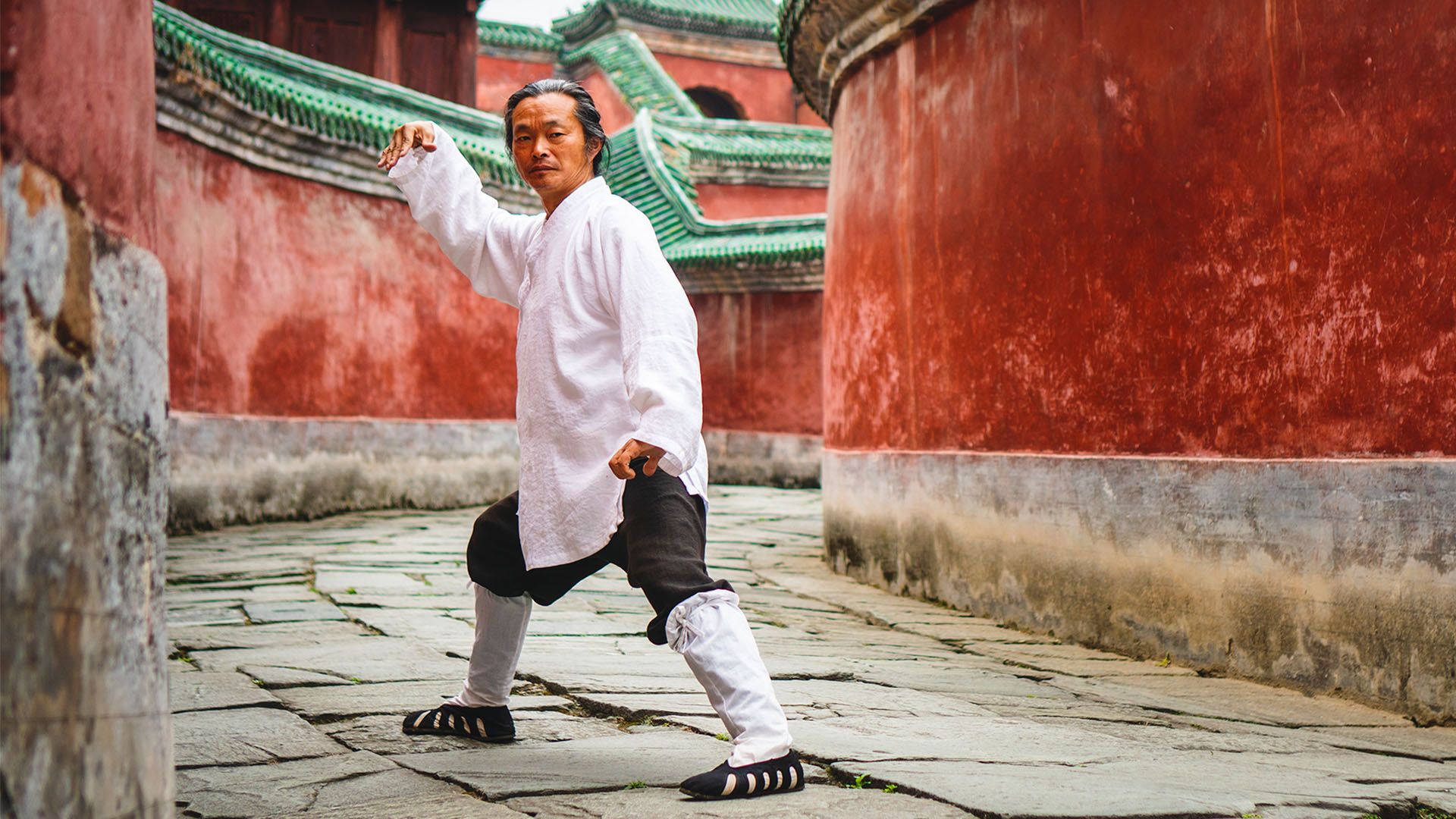What is Qigong Massage Therapy?
Jul 14, 2024
Many people struggle with stress and chronic pain, seeking non-invasive solutions. Qigong massage therapy offers a promising alternative. This particular Chinese modality, developed by Yang Jwing-Ming, combines gentle massage techniques with energy healing principles. It aims to improve both physical and mental health.
Studies indicate its effectiveness in enhancing language skills and social skills, especially in children on the autism spectrum. This therapy involves movements and pressure techniques designed to balance the body's energy flow. The following article provides a comprehensive guide to understanding Qigong massage therapy.
The Evolution of Qigong Massage
Qigong massage has deep roots in Chinese medicine, focusing on healing and improving circulation. Over centuries, it evolved as practitioners refined techniques to manage various health conditions. Qigong sensory training (QST) plays a crucial role, particularly in sensory and organ health. Institutes and centers across China now teach these practices, emphasizing their therapeutic benefits.
This evolution highlights the integration of traditional methods with modern medical understanding, offering holistic approaches to health. Books offer detailed insights into the practice, further spreading knowledge worldwide.
Development by Yang Jwing-Ming:
Yang Jwing-Ming significantly contributed to the modern practice of Qigong massage. His teachings and books offer comprehensive techniques that blend traditional Chinese medicine with contemporary therapeutic practices.
Through his work, Yang Jwing-Ming has helped establish a strong foundation for the practice, making it accessible to a broader audience. His influence extends to institutes and training centers globally, enhancing the skills and knowledge of therapists.
Benefits of Qigong Massage
Physical Health Improvements:
- Enhances digestion and circulation.
- Promotes better organ function.
- Supports overall physical health.
- Aids in managing chronic pain.
- Strengthens the immune system.
Mental Health Enhancements:
- Reduces stress and anxiety.
- Improves sleep quality.
- Enhances mental clarity.
- Supports emotional balance.
- Promotes a sense of well-being.
Impact on Autism Patients:
- Improves language and communication skills.
- Enhances sensory processing abilities.
- Reduces repetitive behaviors.
- Supports better social interactions.
- Aids in emotional regulation and overall behavior management.
Techniques Used in Qigong Massage
Basic Massage Methods:
Qigong massage incorporates various general massage techniques. These methods focus on improving energy flow within the body. Yang Jwing-Ming emphasized the importance of these fundamental techniques. Practitioners utilize gentle pressure and rhythmic movements. This promotes relaxation and overall well-being.
The Qigong Foundation provides training in these basic methods. Caregivers can also learn these techniques for home use. Using these methods regularly can improve one's awareness and focus. Longevity and improved health are common benefits. Proper technique ensures effective results and minimizes any discomfort.
Advanced Therapeutic Techniques:
Advanced techniques in Qigong massage involve more intricate movements. These methods target deeper tissue layers and energy channels. Yang Jwing-Ming has developed several specialized techniques. These methods are often used by certified trainers. The techniques include precise manipulation of pressure points.
Practitioners aim to enhance the body's natural healing abilities. This can significantly improve language skills and social skills. Advanced techniques are particularly useful for specific health conditions. Proper training is essential to master these advanced methods. Organizations offering certification ensure high standards of practice.
Specialized QST Techniques for Autism:
Qigong Sensory Training (QST) techniques are tailored for children on the autism spectrum. These non-invasive methods focus on behavioral improvement and symptom management. Regular QST sessions can help improve social skills and language skills. Therapists use gentle touch and movement to stimulate the body.
Yang Jwing-Ming has contributed significantly to developing these techniques. QST helps increase awareness and focus in autistic children. It also provides caregivers with effective intervention strategies. Organizations that certify QST practitioners maintain strict guidelines. Success stories commonly highlight significant improvements in autistic children.
How Qigong Massage Helps Therapists
Qigong massage offers numerous benefits for therapists. It enhances their physical health and mental well-being. Practicing Qigong techniques can reduce stress and increase longevity. Therapists often report better focus and awareness during sessions.
Yang Jwing-Ming's teachings provide a strong foundation for therapists. Certified training ensures high-quality practice standards. Using these techniques can also improve client-therapist relationships.
Therapists can offer more effective interventions for various conditions. The non-invasive nature of Qigong massage appeals to many professionals. Overall, Qigong massage enriches therapists' professional and personal lives.







